Dark matter may be gathering in dense clouds around neutron stars, potentially making it easier to observe it from Earth.
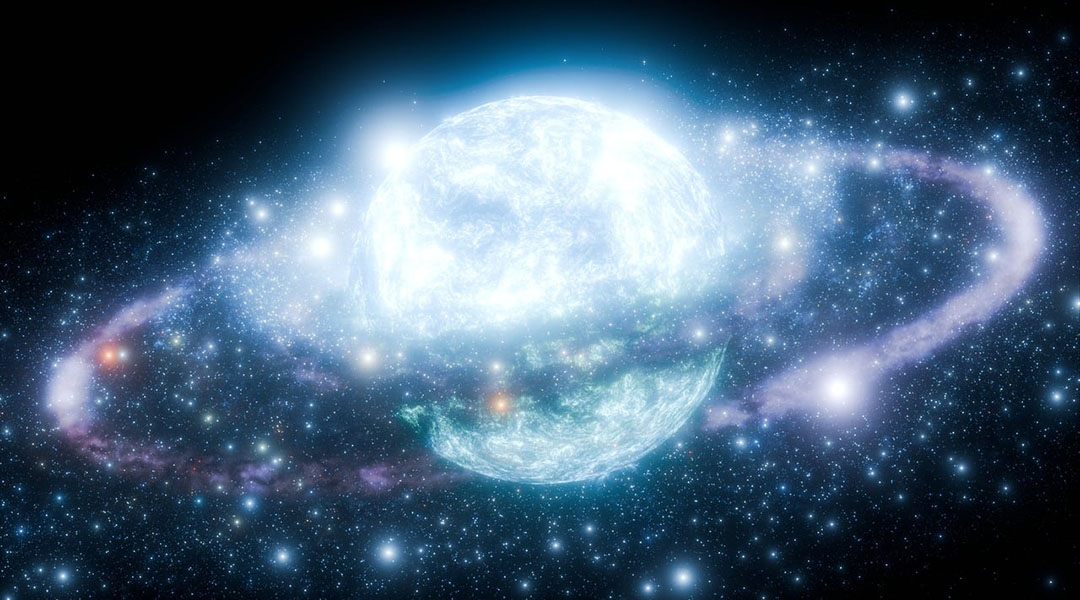

Dark matter may be gathering in dense clouds around neutron stars, potentially making it easier to observe it from Earth.
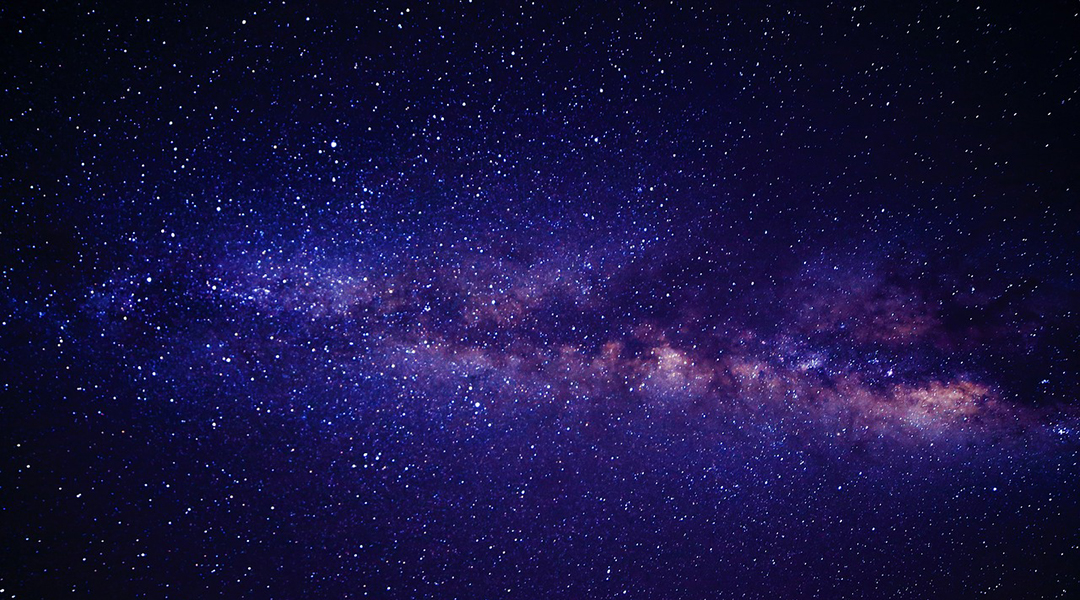
New research on dwarf galaxies challenges the idea that dark matter is collisionless, suggesting it may interact in unexpected ways
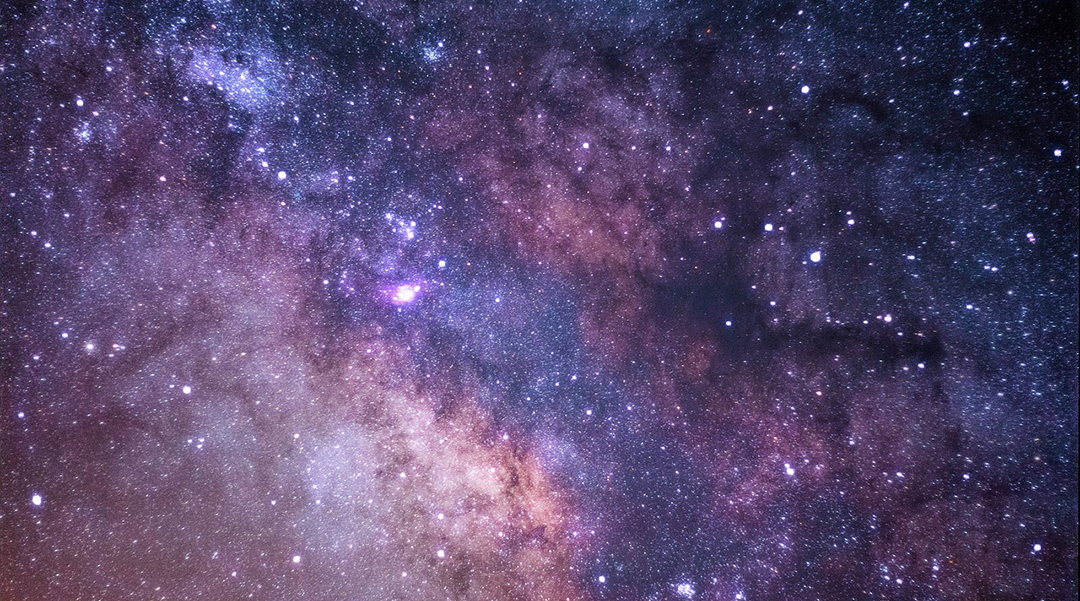
Hubble’s deep near-infrared campaign reveals more supermassive black holes in the early universe than previously expected.

The discovery of colossal structures like the Big Ring is reshaping established theories about the physics of the Universe.
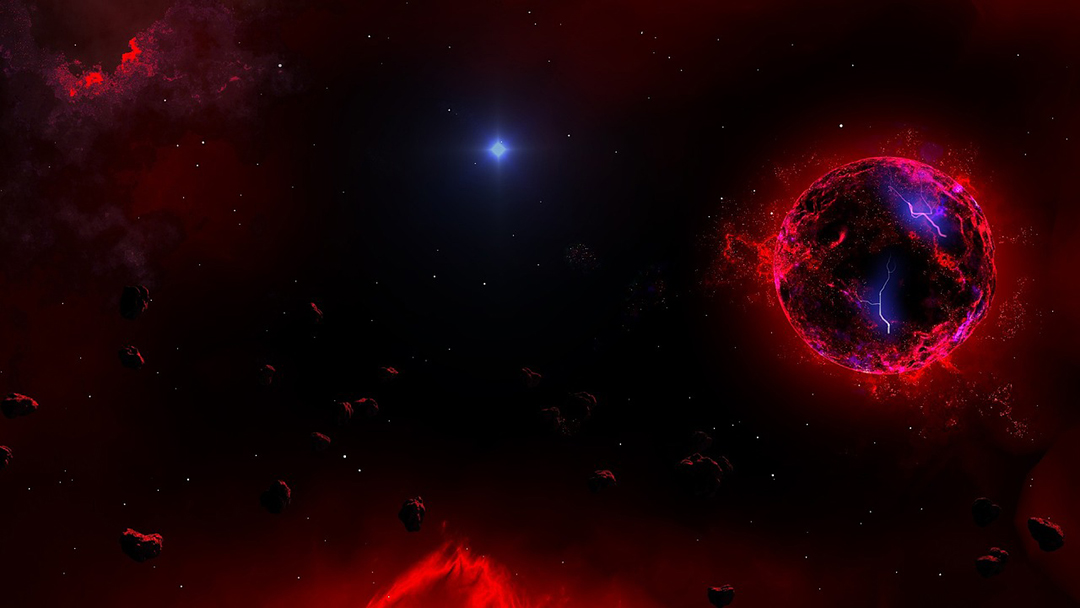
Could neutron stars hold the key to observing dark matter? Researchers believe studying them might one day reveal this elusive substance.
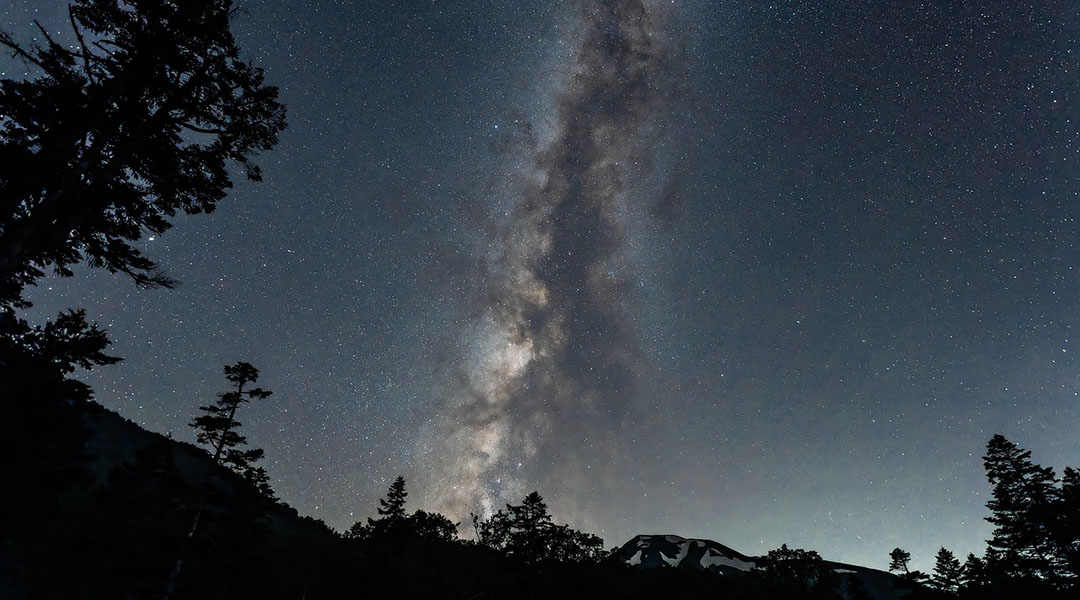
In this third and final article in a series on philosophy and science, we look at how modern science shows the validity of dialectical processes and how this can help guide science.
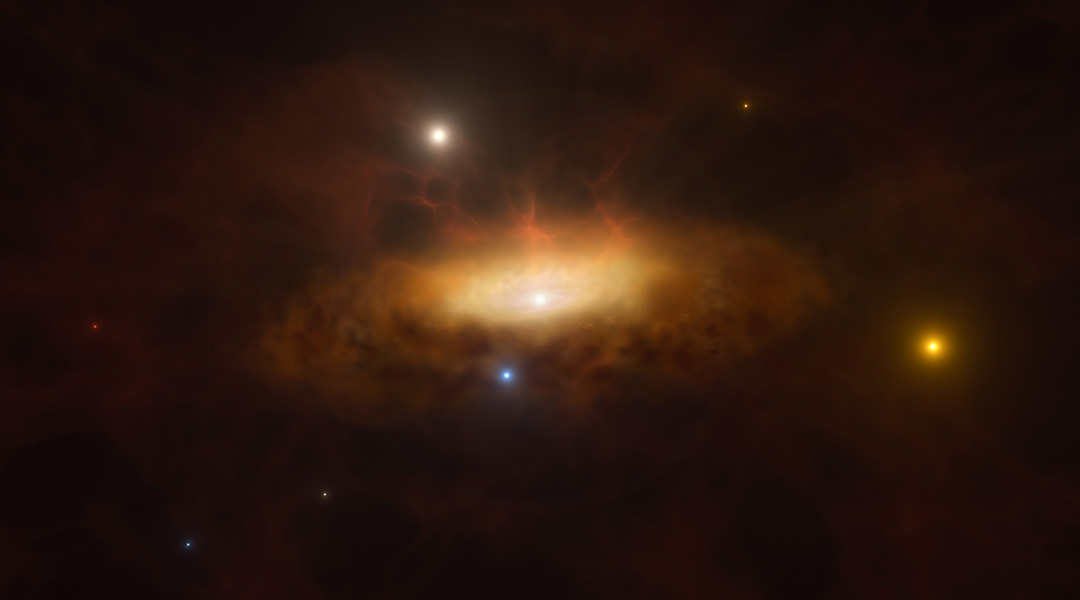
Imagine observing a distant galaxy for years when suddenly its core begins exhibiting unprecedented changes.
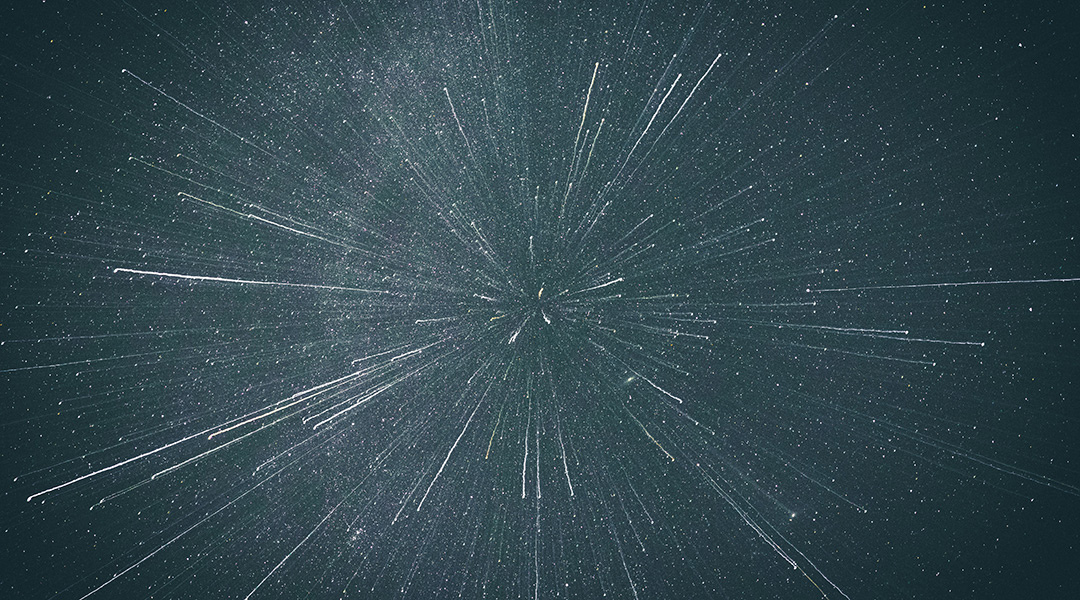
By adding primordial magnetic fields to the Standard Model, researchers may solve the mystery of the Universe’s expansion.
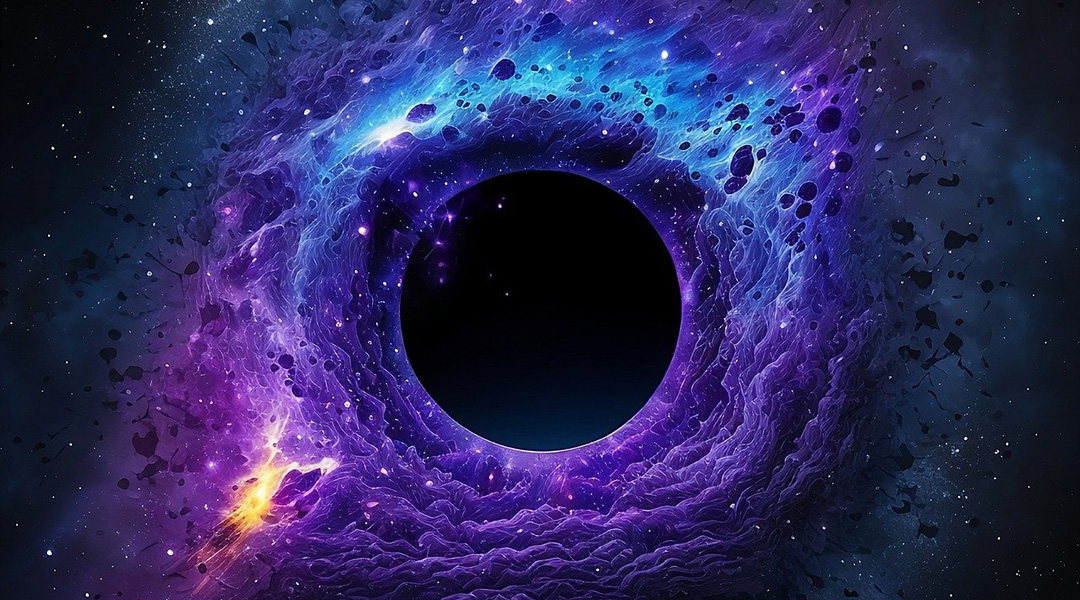
Tiny interactions between dark matter particles may resolve discrepancies between theory and astronomical observations caused by quantum tunneling.
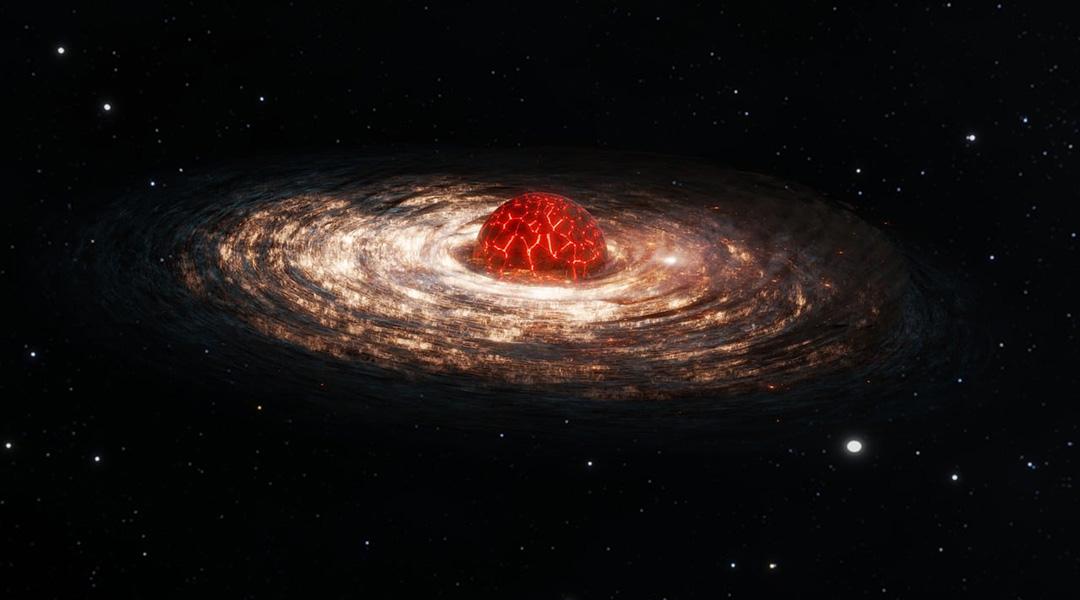
While dark matter’s enigmatic nature persists, Proca stars made of dark photons could help shed light on this cosmic mystery.